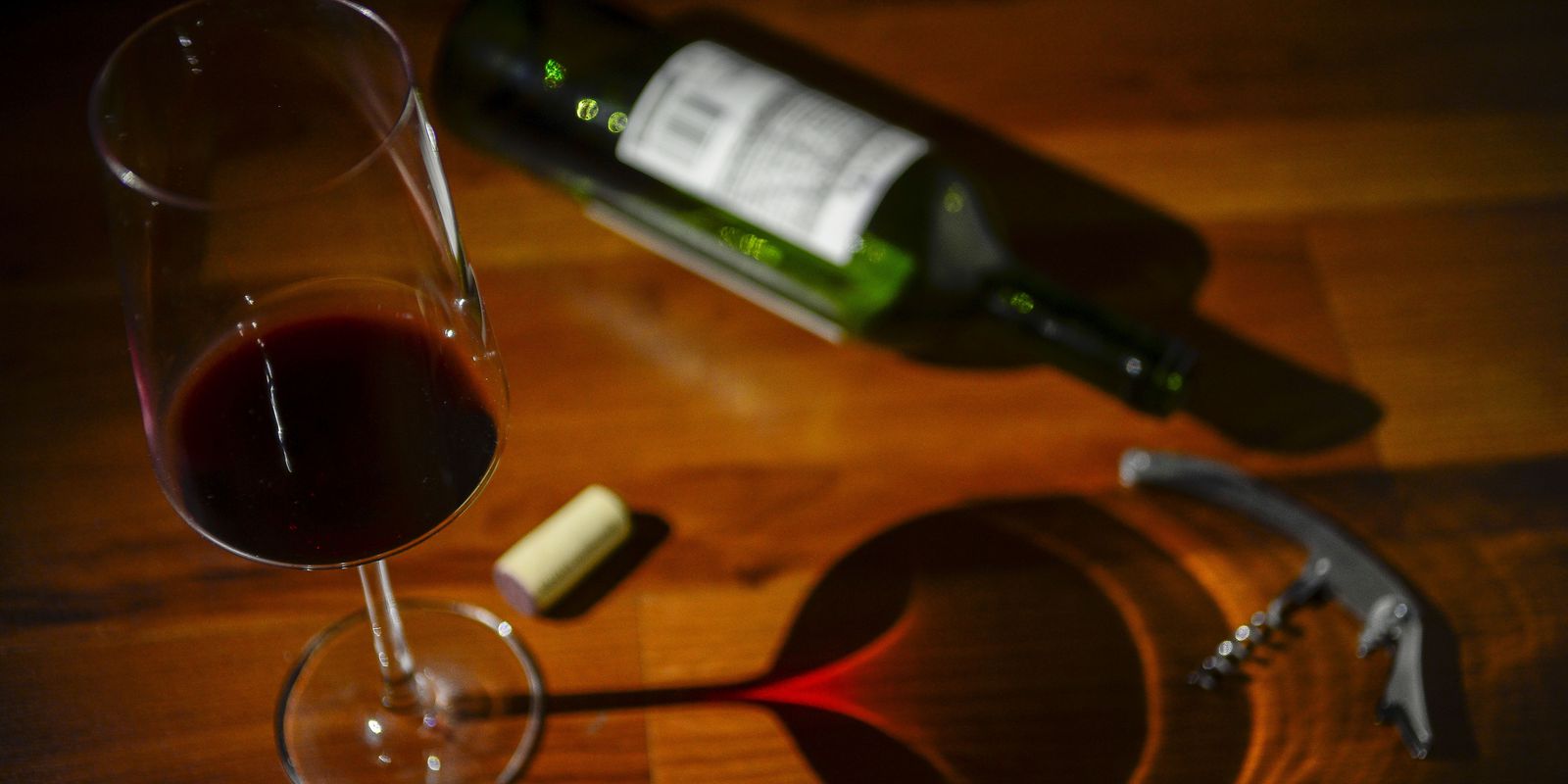Abstaining from alcohol is the only way to get rid of alcoholism. The warning is from psychologist Claudia Chang, member of the Brazilian Society of Endocrinology and Metabology (SBEM). The measure is not easy and may even require hospitalization, says the expert. This Saturday (18) is marked by the National Day to Combat Alcoholism.
“The lack of alcohol can cause withdrawal syndrome, when the concentration of alcohol in the blood decreases and usually generates irritability, anxiety, tachycardia and excessive sweating. In extreme cases, it can cause seizures and even lead to death,” says Chang.
According to the psychologist, it is essential to seek specialized help. “The support of friends and family is essential for recovering from alcoholism, but not everyone has the emotional structure to deal with the situation. Some affective bonds, even, can be broken or shaken in the face of this problem”, said the psychologist.
Pleasure
Professor at the Pontifical Catholic University of Rio de Janeiro (PUC-RJ), psychiatrist Jorge Jaber, said that for the majority of the world’s population, alcohol represents pleasure and a manifestation of joy. However, for an increasing number of people, the consumption of this substance can mean a serious harm to their health. Especially for women.
Psychiatrist and president of the Center for Information on Health and Alcohol (CISA), Arthur Guerra, says that “there is no pleasure” when the dependent is without consuming alcoholic beverages.
“The first consequence [do alcoolismo]more common and even more serious, is that the person cannot do without [a bebida alcóolica], because you don’t feel comfortable. It’s not that she drinks to have pleasure, she drinks because in the absence of alcohol she has a feeling of displeasure, she lacks pleasure when she doesn’t have alcohol. She drinks to relieve this feeling and then she has a closed life, dependent on alcohol, ”she explained.
Approach
According to Arthur Guerra, denying the condition is part of the clinical picture of a person dependent on alcohol.
“It’s a very difficult approach, first of all, because there’s a big stigma. People who are dependent on alcohol often do not consider themselves dependent. In general, they believe that they are moderate drinkers and that they stop drinking when they want to. This certain omnipotence associated with the denial that the person does not have the problem is common, it is part of the clinical picture”, he explains.
According to the doctor, support groups, physical activity and drug treatment are important allies in the recovery of a person with alcohol dependence. “Stopping drinking, which helps: mutual help groups such as Alcoholics Anonymous (AA); medications that reduce the urge to drink or that make people feel sick if they consume alcohol – and they have to be aware of that. Therapy and sport, which help a lot. Spirituality, whatever religion it may be, is also important, because when you believe in something greater, it ends up giving good results”, he points out.
Administrator Fábio Quintas, collaborator of Alcoholics Anonymous, says that the participation of family members and close people is essential in the treatment of chemical dependents.
“Almost no member of Alcoholics Anonymous came willingly to seek treatment. People say it was because of ‘free and spontaneous pressure’. Pressure from family, employers, friends. So there needs to be some kind of limit and consent from the people around, because the main characteristic of these people who have alcoholism problems is this distancing from reality. He can’t see it, because he spent so much time denying, minimizing, justifying himself and rationalizing that he can’t see the size of the problem he has and how it has already eroded his relationships and his life”, he points out.
According to Quintas, the appropriate time to broach the topic of treatment is when the person is sober.
“It’s no use fighting, questioning or trying to say that the person has a problem when they are drunk. The emotion is very close to the surface, the person is not aware and this generates a discussion, a fight. Ideally, the person should be aware of waiting for the moment of sobriety, usually in that ‘post-drunk’ period, a hangover. And normally, on a first approach, it won’t work. The family has to know that they should try again when the problem recurs,” she explains.
















